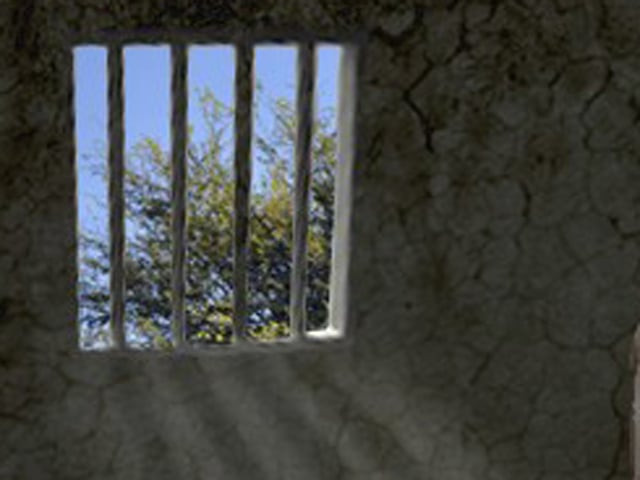ATC sentences PTI worker to life, orders forfeiture of property
Third such ruling where convict's entire assets transferred to state under Anti-Terrorism Act

An Anti-Terrorism Court (ATC) in Sargodha on Wednesday sentenced Pakistan Tehreek-e-Insaf (PTI) worker Ismael Khan to life imprisonment and ordered the forfeiture of his entire property to the state in connection with a May 9 violence case registered by the City Mianwali police.
This marks the third instance in which an ATC has handed down a sentence involving the full confiscation of a convict's property under Section 7(2) of the Anti-Terrorism Act, 1997. The provision allows the state to seize assets of individuals convicted under terrorism charges.
The case against Khan is part of a wider judicial crackdown on PTI leaders and workers following violent protests that erupted after the arrest of former Prime Minister Imran Khan in May 2023. ATCs across Punjab have since registered multiple cases against hundreds of PTI members, including party leadership.
The ATC in Faisalabad earlier drew national attention for sentencing 108 PTI leaders and supporters — the largest number in a single ruling — while none of the accused were present in court at the time of sentencing. In that case as well, the court ordered the forfeiture of property of 91 convicts. A similar forfeiture of assets for 29 convicts had already been passed by the Sargodha ATC.
In contrast, two earlier ATC decisions were delivered in the presence of the accused, with at least one arrest made in court by ATC Lahore. However, the mass absence of accused persons in the Faisalabad case has prompted speculation of a silent boycott by PTI. Party leaders have consistently criticized what they allege are flawed and politically motivated proceedings, lacking due process.
Defense counsels in the Faisalabad case raised numerous objections during trial. They questioned the reliability of key prosecution witnesses who claimed to have observed "conspiratorial meetings" held at Rose Hotel Chakri and Zaman Park Lahore, attended by PTI leaders. They argued that the presence of witnesses at these meetings was dubious, given the tight police deployment and identity verification at such locations.
Inspector Asmat Kamal, a prosecution witness, reportedly admitted to knowing the local PTI leadership before the alleged meeting, casting doubt on his neutrality. He also failed to provide any official record of his presence at the Chakri police station. Witnesses regarding the Zaman Park meeting similarly acknowledged the high-security environment around Imran Khan's residence, suggesting their access to such a meeting was implausible.
The defense also raised procedural concerns regarding the identification parades of the accused, stating that legal principles laid down by superior courts — such as proper selection of dummies in terms of age, height, and appearance — were not observed. They argued this rendered the identification process unreliable.
Furthermore, the defense alleged that arrests were staged. Many of the accused, according to them, were picked up from homes or workplaces and falsely shown as being arrested on the scene of violence. They also contested the legitimacy of recoveries presented by prosecution witnesses, calling them planted.
Despite these objections, the court sentenced 108 individuals to prison terms of up to 10 years each in the May 9-related cases, while 77 accused were acquitted due to lack of evidence.
Political analysts view these verdicts — particularly those involving mass convictions and property seizures — as unprecedented in Pakistan's legal landscape and potentially transformative in how the state handles cases involving political violence.



















COMMENTS
Comments are moderated and generally will be posted if they are on-topic and not abusive.
For more information, please see our Comments FAQ